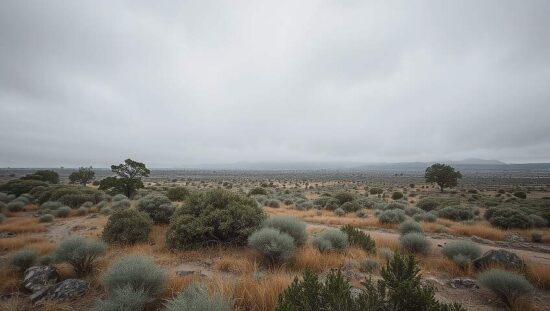The German Minister for Agriculture, Alois Rainer (CSU), has ignited a contentious debate within the European Union, questioning the current protective status afforded to several previously endangered species and advocating for a fundamental reassessment. Rainer’s remarks, published in Bavarian media outlets, challenge the long-held principle of prioritizing biodiversity at all costs, highlighting the growing economic strain experienced by farmers and fishermen.
Central to Rainer’s argument is the assertion that populations of species such as the beaver, rooks, otters and cormorants have reached levels where their protected status warrants re-evaluation. He draws a direct parallel with the ongoing, albeit fraught, discussions surrounding wolf populations, arguing that a similar, frank dialogue is urgently needed for other species causing significant economic damage.
While acknowledging the importance of conservation, Rainer directly criticized the current approach as being out of sync with present realities. He emphasized that decades of protective measures have resulted in substantial population growth for numerous species, yet regulations and strategies have failed to adapt accordingly. This discrepancy, he claims, creates an unsustainable situation that disadvantages core economic sectors.
The Minister’s call for a “fair coexistence” between humans and nature is laced with a subtle but significant political undertone. While ostensibly advocating for a balanced approach, it implicitly frames the current system as biased, prioritizing environmental concerns over the livelihoods of agricultural and fishing communities. Critics will likely argue that Rainer’s stance risks undermining crucial conservation efforts and could lead to a rollback of protections vital for vulnerable species.
The timing of this initiative is particularly noteworthy, occurring amidst rising anxieties among rural populations regarding perceived regulatory burdens and increasing conflicts with wildlife. Rainer’s intervention provides a powerful platform for these grievances and could potentially drive policy shifts within the EU, opening a Pandora’s Box of debates surrounding environmental protection, economic viability and the fundamental values guiding European agricultural policy. The question remains whether his call for a “modern balance” will lead to constructive dialogue or further polarization of an already complex and sensitive issue.





